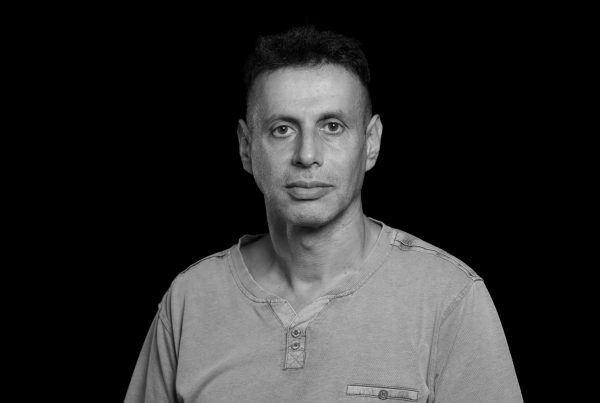Research interests
The central research interest of my team is epigenetic variation in Plasmodium falciparum, i.e., heritable differences between genetically identical parasites that result in transcriptional and phenotypic variation. We study the chromatin-based mechanisms involved in the epigenetic regulation of variantly expressed genes, and the role of epigenetic variation in the adaptation of parasite populations to changes in their environment. We combine genome-wide approaches with studies on specific variantly expressed genes that control important processes in parasite biology. Among these, we are especially interested in the genes that regulate solute uptake and sexual conversion. Regarding the latter, one of our current research priorities is understanding how some asexually-growing parasites “decide” to convert into sexual forms, which are necessary for malaria transmission. We also investigate the transcriptional response that secures parasite survival at febrile temperatures.
